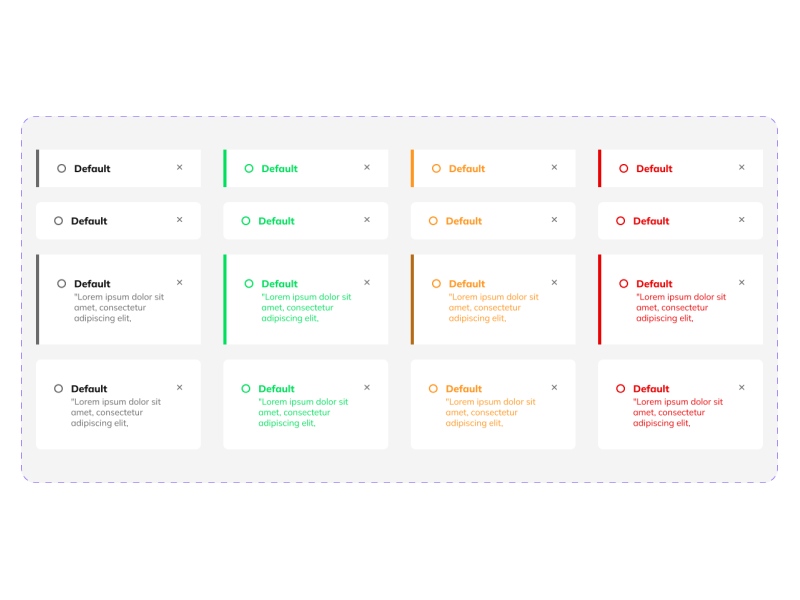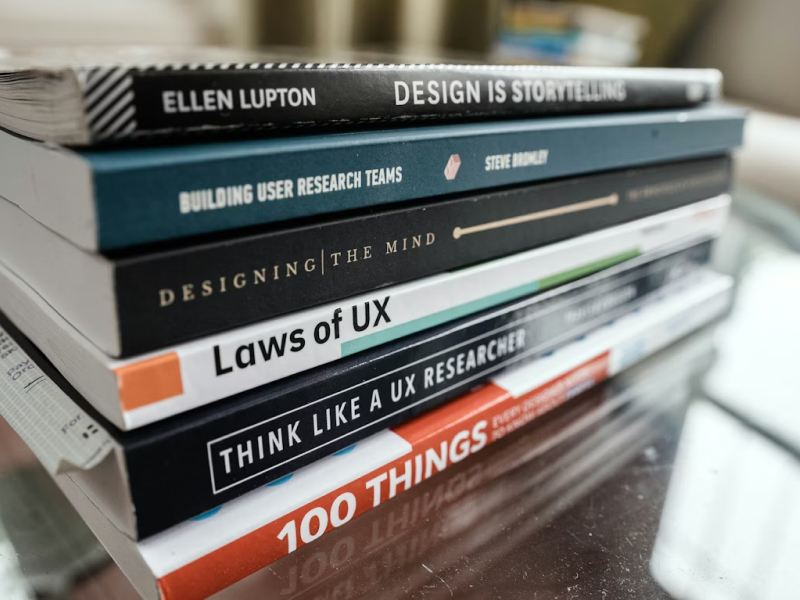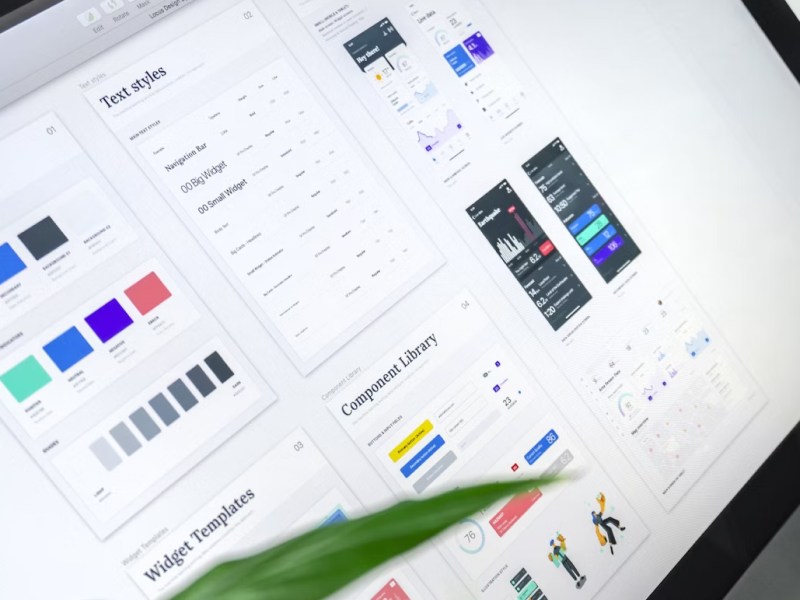As Steve Ballmer said:
“Accessible design is good design it benefits people who don’t have disabilities as well as people who do. Accessibility is all about removing barriers and providing the benefits of technology for everyone.”
So, when creating a design we need to make sure that anyone can benefit from it.
And in order to do that we need a UI designer and a UX designer that will design for the correct target group and deliver good design for everyone. And like any other discovery that happened throughout history, creativity is not the only ingredient we need when coming up with new ideas, solutions, and structure are also needed. And this is where the UI and the UX can be divided for a better understanding of both terms.
We need to keep in mind that a good design requires both a UX and a UI. A UI is the creation that needs to be linked with the structure and the real-life solution. Imagine you want to create a new type of bike. You know you want to do it, but when you come up with the idea you also need to analyze the market, predict the possible problems that might come up, and make sure that your users, buyers, and target audience will have the best time when using your bike.
What Is A UI Designer?
User interface focuses on how a design is seen and interpreted by a user. UI takes care of the first interaction that happens in every design which can later lead to the user’s accessibility. You can think about the UI as the first impression that you have when meeting someone new. It’s the cover of the book that takes care of the aesthetics, including the font, the typography, the colors, buttons, images, and animations. Following the feelings it can spark for its users.
The user interface establishes the relationship between the user and the digital product that the designer or the designers have created. When we think about the UI we can think of the beauty, the feelings, and the emotional journey the user can have when entering for the first time in your design.
So, a UI designer needs to make sure that the design looks and is suited for the target range that the product is aiming for. And a customer analysis followed by design research is the way you can do it, helping you deliver the right storylines to your users. The user interface also focuses on how the designs interact and if it is or is not responsive. It takes care of the prototyping and how the design can respond and feel to the users.
What Is A UX Designer?
When we think about UX, we should be immediately thinking about how users are interacting with your product. I’s not about the aesthetics. It’s about the usability and how easy it is for the user to deduct what actions certain elements can trigger. The UX design focuses on the full experience. It creates structure in your design and it takes your design to the next level.
“Design is the silent ambassador of your brand.”
With this quote Paul Rand highlighted the power of a good design. Without a good user experience your site, app, or your whole design won’t be used. And this is every designer’s nightmare, to have a project that is hard to navigate! So, pretty graphics won't be our only focus when experiencing a website.
And this can be applied in every domain of work. Imagine going to a beautiful restaurant at sea. You can smell the salty water, and hear the seagulls in the distance all while being in an amazing restaurant. But, the staff there treats you awful and the food is terrible. So, you don’t really care about the seagulls and the scenery anymore, everything that matters is that the food is terrible and you are starving, which leads to a horrible experience. And this can happen to a design, too!
40% OFF
Only this December
Upgrade to UI PRO version of Uinkits Systems to unlock 23.000 UI components.
Use the code "DEC40"
Can a UI Exist Without A UX?
Can a vacation, a meal, a job, or anything in our life exist without a good experience? We all know it’s impossible. A good experience and accessibility should work hand in hand to make sure that the users receive the best design available.
A UI and a UX need to work together in order to deliver a good design. Responsiveness and interactivity, are two main takeaways when it comes to the two of them. The UI represents how your design looks and it can adapt and suit your users, while a UX takes care of the product development, the UX prototyping, the wireframing, and all that can be seen by the user but felt in the interaction.
And, for a UI designer without any UX knowledge, understanding how users interact and how they experience the product might feel like an endless task. And this might lead to a design that can’t be understood causing the worst design experience. So, balancing the two of them needs to be on every designer's mind when starting a new project.
No good can come out of having a bad user experience. Practicability needs to be a priority when designing. And for that to happen, we need to use UX practices. Designing for only the appearance will take your design nowhere and will only raise problems with no solutions. Yet if we are designing using a UX and a UI mind, there should be no problem. So, next time you are having doubts about whether or not can a UI designer exist without a UX designer, remember that experiences are the ones that stick with you forever.
uinkits – Our Figma UI Kits and Design System
We at uinkits understand the importance of inputs in great user experiences and creating amazing UI designs. That’s why we’ve developed a Figma UI Kit with design components that include these essential UI elements that enable you to design intuitive and user-friendly interfaces effortlessly.
“You press the button, we do the rest.” – Kodak.
Inspired by this iconic tagline from Kodak, we believe in simplifying the design process for you. Our Figma UI Kit, uinkits, is a complete design system with UI components that allows you, as a UI UX designer, to create your products as quickly as pressing a button.
Our design system includes UI components, icons, variables, cards, buttons and everything you need for your design process. All you have to do is take your UI design component needed, and you’re ready to use it in your designs!
By
Cristi Fonea
•
March 27, 2024








